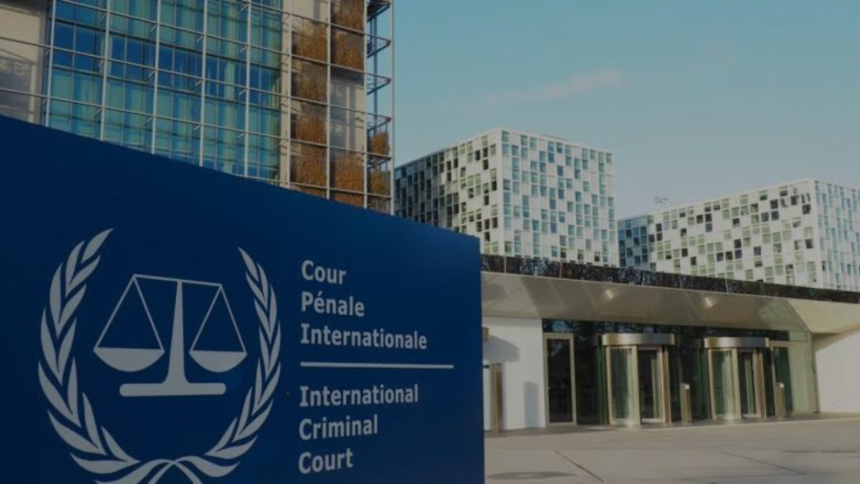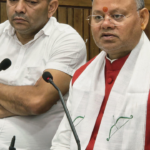The International Criminal Court (ICC) has taken a bold step by requesting warrants for the arrest of senior Taliban leaders, accusing them of committing gender-based crimes since the group’s takeover of Afghanistan in August 2021. The request is based on the allegations of widespread human rights abuses, particularly against women and girls, as the Taliban has imposed strict policies that severely limit their rights and freedoms.
In the request submitted to the ICC, prosecutors have highlighted reports of forced marriages, restrictions on education, and the widespread denial of basic freedoms for Afghan women. These acts are seen as part of a broader pattern of discrimination and violence that women have faced under Taliban rule. The court’s move comes after months of investigations and mounting evidence pointing to systemic abuse of women under the Taliban’s governance.
One of the most significant issues raised is the ban on girls’ education beyond the sixth grade, which has sparked global outrage. The ICC’s move signals a clear stance on holding those in power accountable for actions that undermine fundamental human rights.
The warrants seek to hold individual Taliban leaders responsible for crimes against humanity, particularly crimes related to gender-based violence, such as forced labor, rape, and violence against women for exercising basic rights like employment, freedom of movement, and political participation. Prosecutors have emphasized the severity and scale of these crimes, describing them as not only a violation of international law but as an ongoing pattern of oppression affecting millions of women and girls in Afghanistan.
While the request for arrest warrants is a significant legal development, it has faced criticism from some quarters. Some argue that it might escalate tensions in the region and could complicate efforts to engage with the Taliban on humanitarian issues. Others, however, argue that the ICC’s action is crucial for ensuring justice and accountability in a situation where many feel the international community’s response has been inadequate.
The request to the ICC underscores the growing international pressure on the Taliban to change its policies and respect the rights of women and girls. Despite global condemnation, the Taliban has shown little sign of reversing its restrictions on women, making the need for international legal action all the more urgent.
As the ICC moves forward with its investigation, it remains to be seen whether the Taliban will cooperate with the international court or face further isolation and consequences. The case represents a broader effort to address gender-based violence and crimes on the global stage, reaffirming that such actions will not go unpunished, regardless of political or military power.
This development highlights the importance of the rule of law in international relations and the ongoing struggle for justice for women and girls in Afghanistan. As the world watches closely, the ICC’s pursuit of accountability sends a message that gender-based crimes will be met with legal action, even in the face of powerful opposition.








